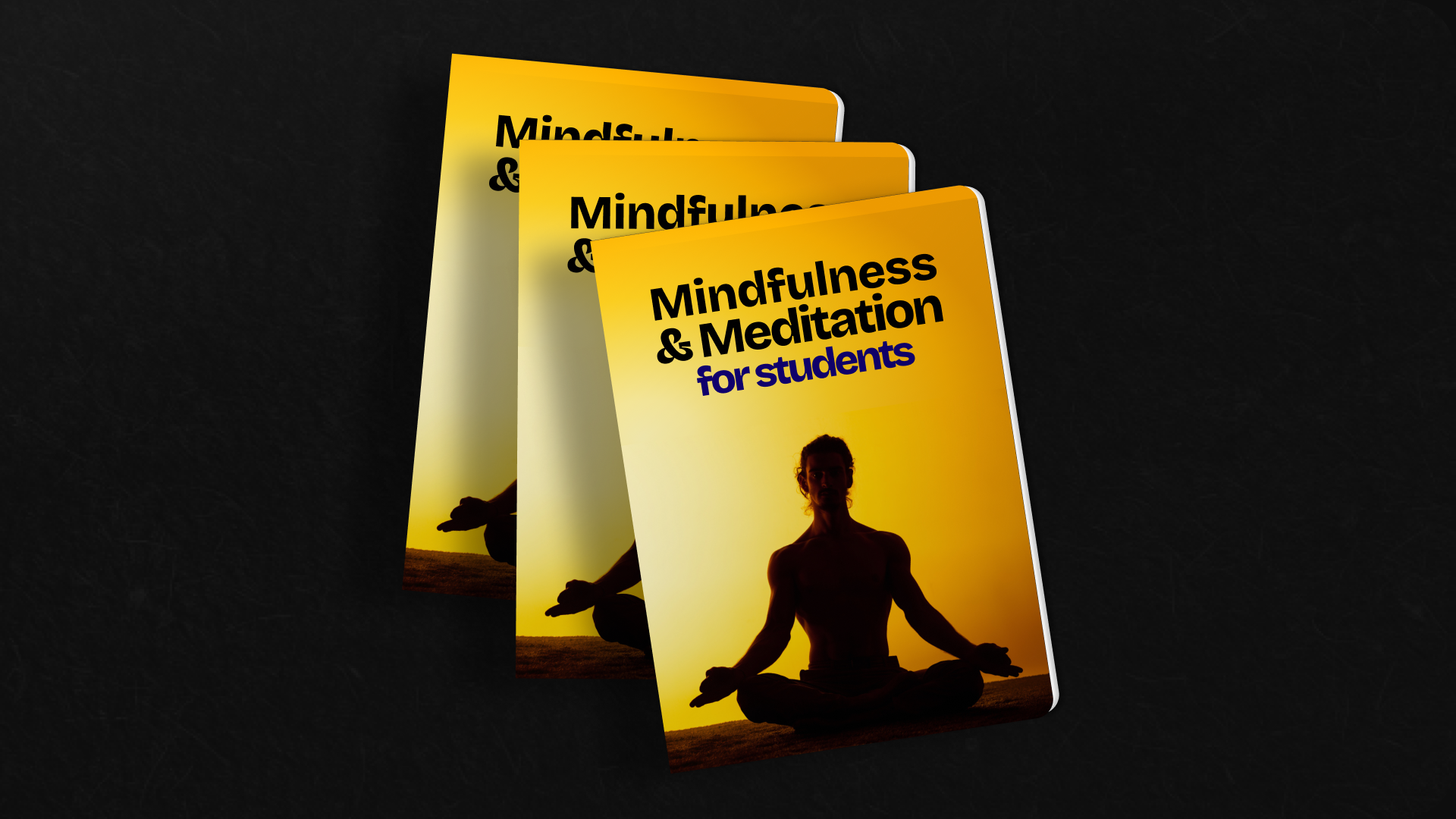Childhood anxiety is on the rise. With constant academic pressure, social media anxieties, and a rapidly changing world, children today face a unique set of challenges. Parents are understandably worried and on the lookout for solutions. While there’s a plethora of apps promising to be a magic bullet for childhood anxiety, a new study suggests a simpler, more natural approach: mindfulness.
A recent MIT study indicates that practicing mindfulness may significantly improve children’s mental health. Mindfulness involves training attention and awareness on the present moment, without judgment. It’s about teaching children to observe their thoughts and feelings without getting swept away by them.
The MIT study followed a group of children who participated in a mindfulness program for just eight weeks. The results were promising – the children showed a significant decrease in anxiety symptoms and improvements in emotional regulation.
So, how can you incorporate mindfulness into your child’s life? Here are a few tips:
- Start small: Begin with short mindfulness exercises, just a few minutes a day. There are many resources available online and in libraries specifically designed for children.
- Lead by example: Mindfulness is a practice that benefits the whole family. If you can cultivate a sense of calm and present-moment awareness in yourself, it will naturally rub off on your children.
- Make it fun: There are many ways to make mindfulness engaging for children. You can practice mindful breathing exercises together while blowing bubbles or use coloring books specifically designed for mindfulness.
- Focus on the present moment: Help your child focus on the sights, sounds, and smells of their immediate environment. Engage their senses by asking them questions about what they see, hear, and feel.
Mindfulness is a skill that takes time and practice to develop, but it’s a gift that can benefit your child for a lifetime. By helping your child become more aware of their thoughts and feelings, you’re empowering them to navigate the challenges of childhood with greater resilience and emotional balance.
Instead of relying on apps that may offer a temporary fix, consider incorporating mindfulness into your child’s life. It’s a natural, sustainable solution that can help your child cope with anxiety and flourish emotionally.

